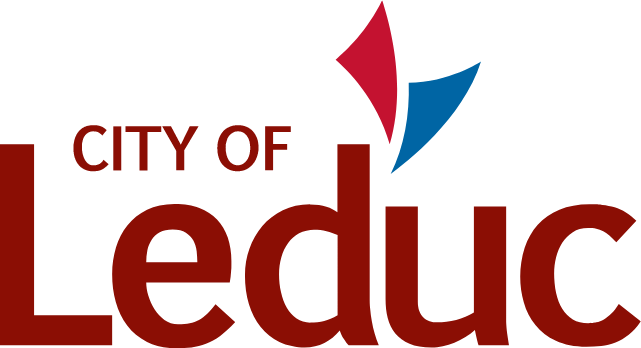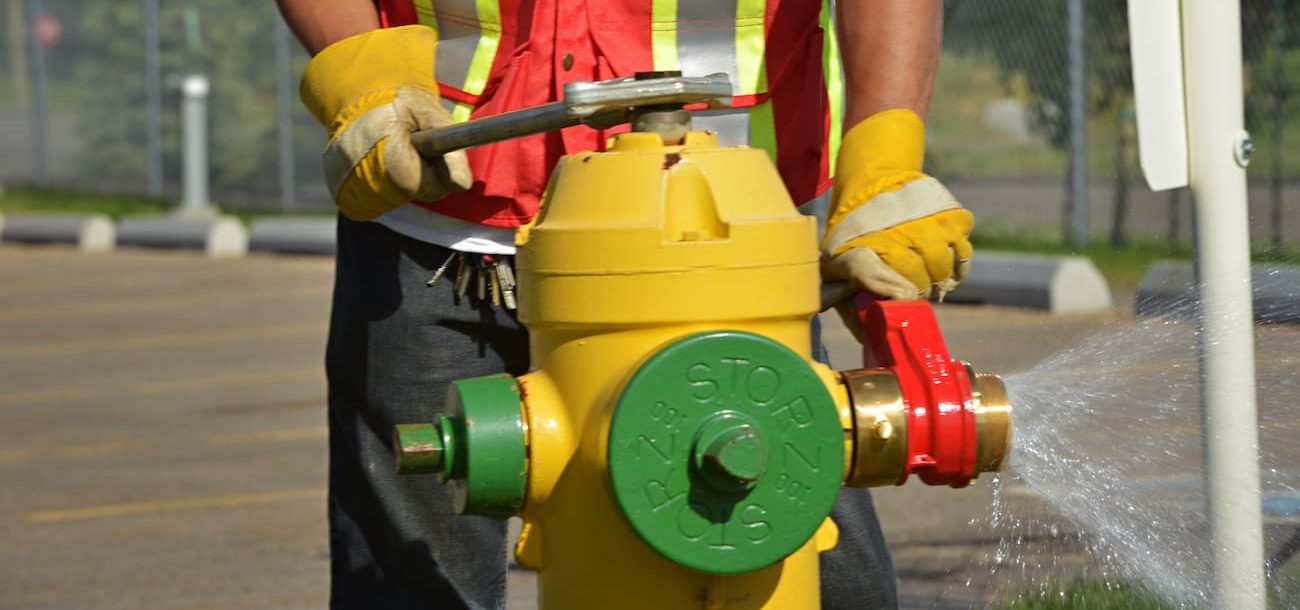The City of Leduc is committed to maintaining safe, clean, and reliable water services for its residents.
By carefully managing water and wastewater systems, Leduc aims to preserve water quality, prevent contamination, and support environmental health. Key services include wastewater treatment, sewer system maintenance, regular water main flushing, and backflow prevention, each designed to keep the water supply safe and infrastructure in optimal condition.

